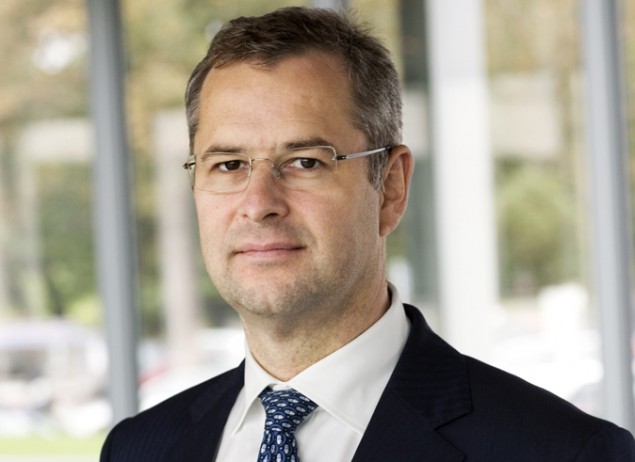
Low sulphur fuel is the best way for the shipping industry to meet the International Maritime Organization’s (IMO) sulphur cap, set to enter into force in 2020, CEO of industry major A.P.Moller Maersk, Soren Skou, said at Singapore Maritime Week 2018.
The sulphur cap means that as of January 1, 2020, ships will be banned from burning any marine fuel with a sulphur content above 0.5 pct. The exception will be ships fitted with exhaust cleaning technology, the so-called scrubbers.
Aside from scrubbers, the available options are low sulphur heavy fuel oil (HFO), marine gas oil (MGO) or other alternative fuels, such as LNG, hydrogen and methanol.
As the IMO stands its ground on the implementation of the regulation, owners and operators have been faced with numerous questions when it comes to deciding where to invest in order to make their ships compliant. In fact, many companies have adopted the “wait and see“ approach.
Maersk, on the other hand, has been very vocal about its compliance path. In 2017 Maersk said that it was not on the scrubber team, but opted instead to replace its bunker fuel with fuels with lower sulfur content.
“It makes sense for refineries to remove sulfur from fuel and sell it to us instead of us setting up refineries aboard ships,” Skou is cited by Platts as saying on Thursday at SMW.
The regulation is expected to impose a heavy burden on owners as the annual fuel costs for the shipping industry are likely to jump by up to USD 60 billion, including by USD 10 billion for the containers sector alone.
“This has major implications for our industry and individual shipping lines. We have to find solutions,” he said.
As explained by Skou, for the time being, the company has no plans of ordering newbuildings, however, if and when it decides to do so, it would consider fitting the ships with LNG-powered engines, Platts reported.
Maersk CEO believes that the only way for creating a level playing field with the new regulation would be strong enforcement, including banning of non-compliant ships.
End government subsidies
Speaking of the current state of the containership market and its competitive strengths, Skou said that the industry remains very competitive despite the major consolidation process it underwent. As explained, there are still 10 very competitive global carriers that are fighting fiercely for their market share.
However, Skou stressed that certain governments should stop providing subsidies to the container shipping industry. Government-backed financing of struggling companies is fuelling tonnage overcapacity by building ships for owners that are no longer profitable and lack a profitable business model, he said.
“In my mind, there is no longer anything strategic about governments investing in shipping. The market will sort it out,” Skou is cited as saying by the World Street Journal.
The criticism comes on the back of a major government-backed overhaul program of the South Korean shipping industry, which is expected to result in the construction of up to 200 ships, including 60 containerships.
The rehabilitation plan is being pursued in the wake of Hanjin Shipping’s bankruptcy, which cut South Korea’s shipping industry’s sales by over USD 940 billion, halving the country’s tonnage of the deep sea containers.
Furthermore, China has also been active in providing subsidies to its container shipping companies.
Copyright Ships & Ports Ltd. Permission to use quotations from this article is granted subject to appropriate credit given to www.shipsandports.com.ng as the source.